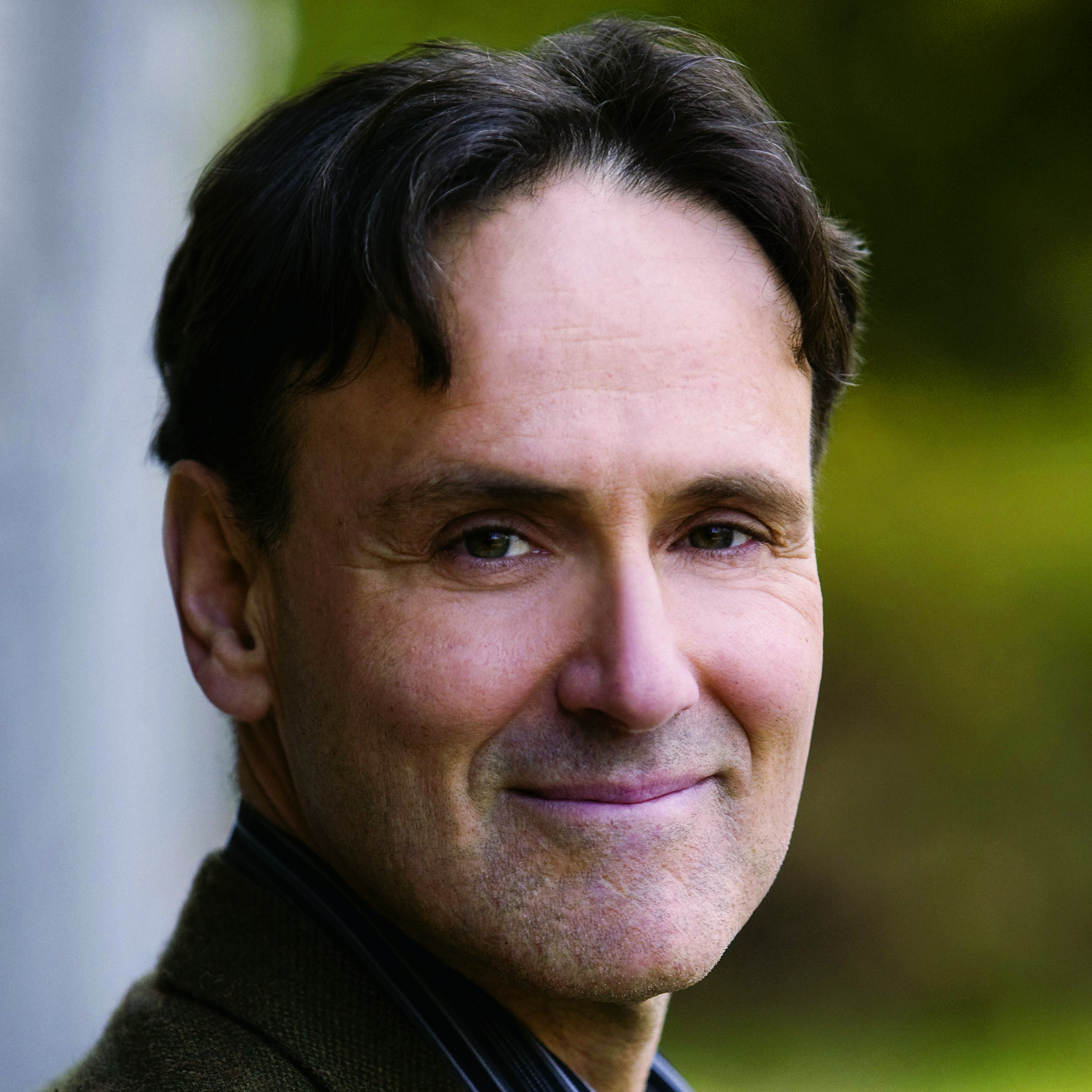

Packed with lovely moments and as compact as haiku-at the same time, a page-turner full of twists. But Guterson communicates these truths through detail, not philosophical argument: Readers will come away with a surprising store of knowledge regarding gill-netting boats and other specifics of life in the Pacific Northwest. In the end, justice and morality are proven to be intimately woven with beauty-the kind of awe and wonder that children feel for the world. The same incidents are recounted a number of times, with each telling revealing new facts. As a thick snowstorm whirls outside the courtroom, the story is unburied. Ishmael, who returned from the war minus an arm, can't shake his obsession for Hatsue any more than he can ignore the ghost pains in his nonexistent arm. Meanwhile, Hatsue Miyamoto, Kabuo's wife, is the undying passion of Ishmael Chambers, the publisher and editor of the town newspaper. When Carl, a fisherman, is found drowned in his own net, all the circumstantial evidence, with the land dispute as a possible motive, points to Kabuo as the murderer. After changing hands a few times, the land ended up with Carl Heine. Kabuo served in the war, returned, and wanted his land back. Etta Heine, Carl's mother, called off the deal. Then the Japanese bombed Pearl Harbor, and Kabuo's family was interned. Many years earlier, Kabuo Miyamoto's family had made all but the last payment on seven acres of land they were in the process of buying from the Heine family. Guterson (The Country Ahead of Us, the Country Behind, 1989, etc.) has written a thoughtful, poetic first novel, a cleverly constructed courtroom drama with detailed, compelling characters. Old passions, prejudices, and grudges surface in a Washington State island town when a Japanese man stands trial for the murder of a fisherman in the 1950s.


 0 kommentar(er)
0 kommentar(er)
